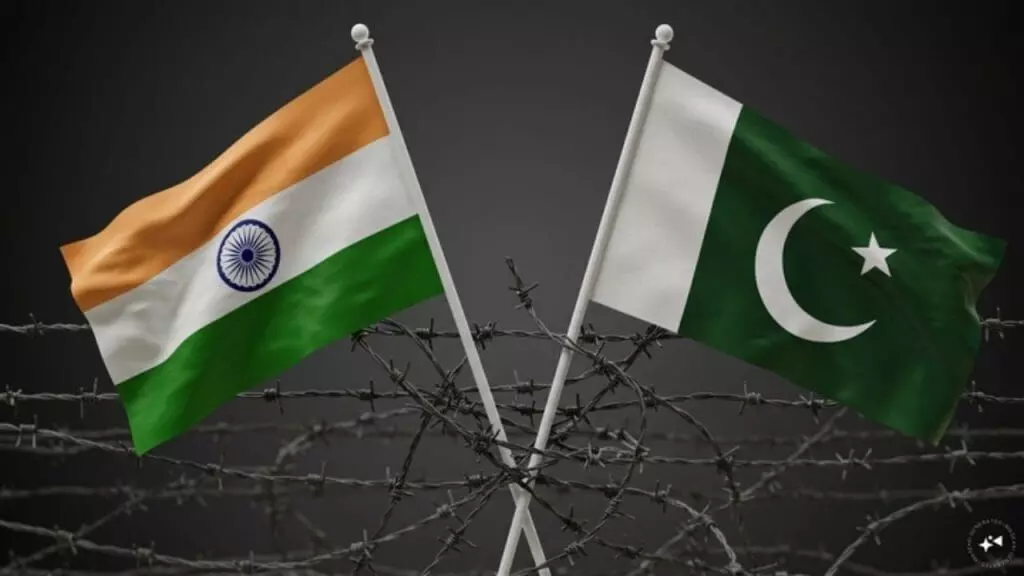India Warns Pakistan: Any Future Terror Attack Will Be Treated as Act of War

Tensions Soar as India Strikes Military Targets in Pakistan; Civilian Casualties, Airspace Closures Follow
The India-Pakistan border is witnessing a dangerous spike in hostilities. On Saturday, the Indian Air Force carried out precision strikes on eight military sites inside Pakistan, hitting radar systems, ammunition depots, and other key installations. The strikes were in direct response to recent Pakistani attacks on Indian military bases and civilian areas, government officials confirmed.
At a press briefing later that evening, Foreign Secretary Vikram Misri said Pakistan’s actions were not just “provocations,” but serious escalations. He also rubbished Pakistan’s claims that it had destroyed India’s S-400 air defence system and damaged key airbases in Sirsa and Surat, calling the allegations “completely false.”
The strikes are part of Operation Sindoor, launched by India earlier this week following the deadly April 22 terror attack in Pahalgam that killed 26 people. According to Defence Minister Rajnath Singh, over 100 terrorists were neutralized in earlier phases of the operation.
To stop the spread of misinformation, the Ministry of Defence urged citizens to follow a newly launched WhatsApp channel for official updates.
Colonel Sofiya Qureshi, speaking at the same briefing, said Pakistani forces have made over two dozen infiltration attempts across India’s western border in recent days. “They’re using drones, long-range weapons, even fighter jets. But every move is being countered,” she said.
Wing Commander Vyomika Singh added that Pakistan appears to be moving troops closer to forward posts, a signal that it may be preparing for further escalation. “Our forces are on full operational alert. We’re matching every provocation with a proportionate response,” she said.
Early Saturday morning, residents in Jammu, Srinagar, and Udhampur reported hearing loud explosions. In Rajouri, Pakistani shelling claimed the life of Additional District Development Commissioner Raj Kumar Thapa. Jammu and Kashmir Chief Minister Omar Abdullah visited Thapa’s home and the civilian-affected areas, later announcing ₹10 lakh compensation for the families of those killed in the shelling.
Meanwhile, the conflict is now affecting civil aviation. The Ministry of Civil Aviation announced that 32 airports will remain closed for all civilian flights until May 15. The Airports Authority of India also temporarily shut down parts of key air traffic routes in Delhi and Mumbai’s flight zones due to operational concerns.
On Friday night, Indian forces intercepted a fresh wave of drone attacks from Pakistan aimed at 26 locations — from Baramulla in the north to Bhuj in the south. Officials said counter-drone systems were deployed successfully.
As tensions grow, Prime Minister Narendra Modi held a late-night meeting at his residence with the country’s top security leadership, including the chiefs of the Army, Navy and Air Force, NSA Ajit Doval, CDS General Anil Chauhan, and Defence Minister Rajnath Singh.
Security has also been tightened around the Ambala Air Force base in Haryana, one of the airports affected by the civilian flight shutdown.
The Ministry of Home Affairs has also advised news channels not to use air raid siren sounds in their broadcasts unless they’re meant for public awareness, to avoid panic.
As the situation continues to unfold, New Delhi has made it clear: any further attacks from across the border will be treated not just as terrorism — but as an act of war.
